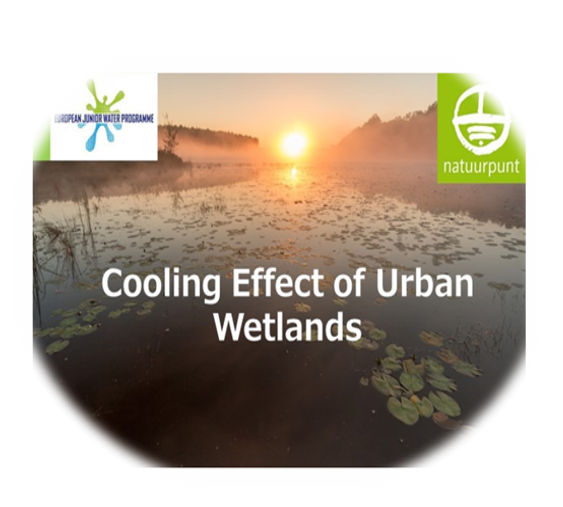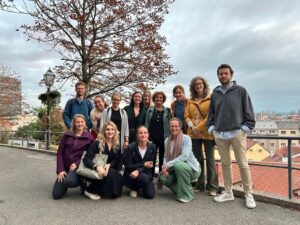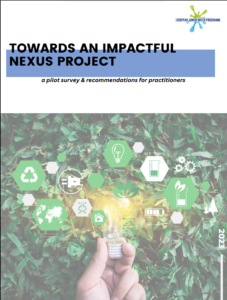Client: Natuurpunt
Period of project:1 April – 13 June
Participants: Nikolaos Mellios , Dimitris Kofinas, Mirela Sertić Perić, Lander Wantens , Isabella De Bok, Maureen Walschot
Project Description
The overall objective of this paper is to assess the extent to which the Mechels Broek wetland supports: (i) a cooler microclimate that reduces the urban heat island effect in surrounding natural and urban habitats (forests vs. grasslands vs. urban gardens), (ii) water retention that could provide some flood protection in surrounding habitats. Specifically, in this paper we will compare air and soil temperatures and soil moisture in natural (forests, grasslands) and urbanized habitats (i.e., urban gardens). Air and soil temperatures and soil moisture will be measured by sensors at different measurement points – air temperature 12 cm above the soil surface, soil temperature and moisture at the soil surface, soil temperature and moisture 10 cm below the soil surface.
In addition to analyzing grasslands and forests in Mechels Broek and surrounding urban gardens, in this article we provide a theoretical overview of the cooling and water-holding effects of wetlands in urban areas based on existing studies in the literature.`
Approach
The research uestion: Is there a difference between air and soil temperatures and soil moisture in the grasslands along the urbanization gradient? Thus, the following measurements were collected:
- Air temperature 12 cm above the soil surface, at the soil surface, and soil temperature/moisture 10 cm below the soil surface.
- Sensor measurements (130 sensors analysed) were conducted from April to September 2021
- All data were collected from grasslands in four different living environments:
- Highly urban (city center & contiguous housing
- Urban (semidetached housing in residential neighbourhood)
- Moderately urban (detached housing in residential neighbourhood)
- Rural (rural area with detached housing)
Results
- Urbanisation degree itself does not have significant effect on soil moisture and temperature
- However, the combination of urbanization degree and soil type affect soil moisture content
- Also, April and May significantly differ in temperature and soil moisture in comparison to summer period
- Clay plays a significant role in water retention and subsequently in preserving soil moisture
- Sand, due to its permeability results in lower soil moisture
- Big data analysis is a challenge in dealing with this plethora of data records






